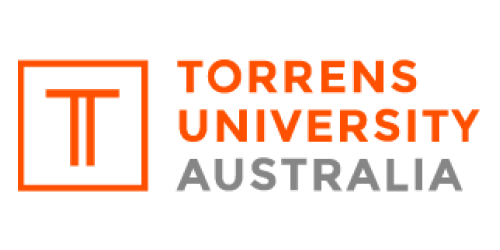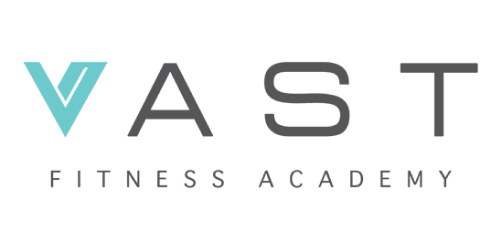





At its core, nutrition is the study of food and nutrition and how it affects human physiology. With an ageing population, nutrition has become more important than ever to the Australian population, and the demand for knowledge and guidance has significantly grown. There are multiple areas in the nutrition and healthcare industry to explore, but which path – and which course – is the right one? Read on to find out your perfect nutrition-related course.
The entry requirements to study nutrition will vary based on the exact course you want to do. Academic requirements will differ between educational institutions and the level of study you undertake. For the most accurate information, you should view the course information on the institution’s website.
For an undergraduate degree, you’ll typically need to have an Australian Senior Secondary Certificate of Education (Year 12) or the overseas equivalent.
For postgraduate courses, satisfactory completion of an undergraduate degree is required. However, some institutions may take relevant work experience or research ability into consideration as well.
For Vocational Education and Training (VET) Courses, most students will need to have reached a level of study equivalent to the Australian Year 10. Some courses may require extra prerequisite subjects or work experience.
When studying nutrition in Australia, there are several skills that will help you be the best nutrition professional you can be. While some things can be learned, these are some intrinsic skills you should possess, or be willing to work on:
A passion for health and food is a given when it comes to studying nutrition, but a keen interest and mind for science is just as vital as a career in nutrition combines all three. Nutrition is a profession for people who enjoy working with others and guiding them to reach their health and nutrition goals. If you enjoy a varied role, working with a wide range of clients and are patient, empathetic and non-judgmental, you’ll no doubt excel in a nutrition course and by extension a career in nutrition.
There are several pathways to study nutrition, from TAFE certificates to university-level degrees. To find the best nutrition course in Australia, you need to decide where you want your nutrition career to take you, while also taking into account your current level of nutrition knowledge and any previous study you’ve done.
Some popular nutritionist, health science and dietetics courses include:
Certificate: Certificates in nutrition are a great way to kick-off your career in nutrition, especially if you have no prior study or knowledge. Certificates are nationally recognised programs that cover the fundamentals of the nutrition industry. Graduates can apply for entry-level roles such as nutrition and dietetics assistant following the completion of a Certificate program.
Diploma: If you’re looking to progress to higher level positions in the nutrition field or just improve your knowledge of nutrition for your own hobbies and interests, a diploma will teach you the basics of how the human body works and the core principles of nutrition. With a diploma, you’ll be on the right path towards becoming a nutritionist, dietician or health coach.
Bachelor’s Degree: For university-level study, a bachelor degree like a Bachelor of Health Science is a more in-depth course and can take you down a wide range of nutrition-related paths after graduation. Bachelor’s degrees can take up to four years to complete and may involve the study of food sciences, disease, sports performance and the public health and social parts of nutrition. With a bachelor’s qualification in nutrition, you have countless career opportunities at your fingertips and can apply for roles within the food and sports industries, to government, media and marketing.
The nutrition industry in Australia is booming as Aussies are increasingly interested in improving their health and well-being. There are several career pathways you can take studying nutrition in Australia, including:
There are several excellent institutes to study nutrition in Australia, including Deakin University, University of Wollongong, Flinders University, University of the Sunshine Coast, University of Queensland, Swinburne University of Technology, University of Newcastle and more. Most universities offer not just bachelor’s degrees but also certificates and diplomas. TAFE and online platforms like Open Colleges are also excellent institutes to study a range of nutrition courses.
Your earning potential with a nutrition qualification will depend on a lot of factors, including your career path, the state you live in, your employer and your years of experience. The national average salary for a nutritionist is $72,867 per year. However, for nutritionists in Adelaide, the average yearly salary is $116,030 per year, while in Brisbane nutritionists earn around $54,404 per year.
Australia’s ageing population and the COVID-19 pandemic are just some of the reasons there has been a rise in demand for qualified nutritionists. Overall, the global clinical nutrition market is expected to grow at a compound annual growth rate of 8% every year until 2025. Nutritionist jobs in particular will see strong future growth, with around 5,000 jobs expected to open by 2023. This means with a qualification in nutrition, you’re likely to enjoy a stable career now and well into the future.
Government funding assists students by subsidising their tuition fees. Schemes vary from state to state. There may be scholarships available depending on your chosen University, but at this present time, there are no government subsidies for nutrition courses.